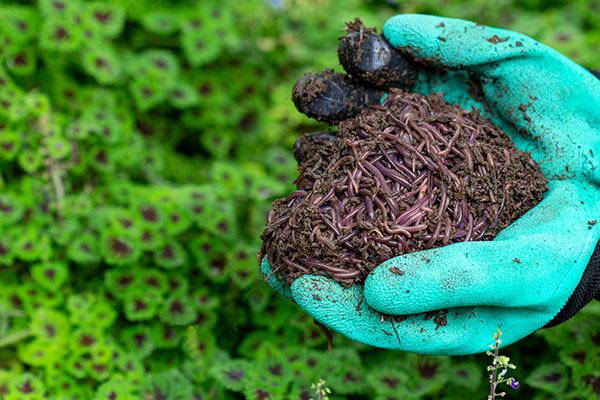
According to a research team from the Boston University School of Medicine (BUSM), they have successfully identified histatin-5, a protein in saliva that can protect the body from traveler’s diarrhea.
The findings were published online in the Journal of Infectious Diseases, and it may prove useful to the "development of new preventive therapies for the infectious disease."
While traveler’s diarrhea is usually an annoyance to individuals in the U.S., patients worldwide often deal with fatal infections. The disease's side effects include watery diarrhea, which may cause severe dehydration in infants. It also threatens other susceptible populations in endemic countries.
The bacterial disease is caused by enterotoxigenic Escherichia coli (ETEC) which invades the small intestine via arm-like structures called "pili." Over one billion cases of traveler's diarrhea are reported yearly, and at least hundreds of thousands of deaths can be attributed to the disease.
For the study, researchers from BUSM and their collaborators exposed organoids, or miniature human small intestines grown in a dish, to the bacteria ETEC both with and without the protein histatin-5.
When researchers examined the organoids under a microscope, they confirmed that "significantly fewer bacteria were able to attach to the tissue in the presence of histatin-5."
Dr. Esther Bullitt, associate professor of physiology and biophysics at BUSM and the study's corresponding author, said that the protein histatin-5 in human saliva makes the pili of ETEC stiffen. She explained that this helps prevent bacteria from effectively adhering to the small intestine. Dr. Bullitt added that this makes it harder for the bacteria to infect anyone. (Related: Best Advice for Treating Diarrhea: Prevent it to Deal with it.)
Before this study, it was unknown whether saliva had a significant role in protecting the body from gut infections.
The researchers shared that this initial line of defense in the mouth could be the reason "why it takes such a large number of ETEC to infect a human." The BSUM researchers also posited that histatin-5 could be manufactured as a dissolvable powder to help to prevent traveler’s diarrhea from infecting more individuals.
The findings from this study can also be used to determine if there are other salivary proteins that can help protect us from other diseases such as infectious gastritis, food poisoning, or pneumonia.
The researchers concluded, "We believe that our data represent the first example of a new paradigm in innate immunity: the contributions of salivary components to preventing infection. This research opens an untapped avenue for prevention of enteric infectious diseases through the targeted use of naturally occurring components of saliva."
Tips to prevent traveler's diarrhea
If you're going on a trip soon, keep these tips in mind to avoid traveler's diarrhea:
- Always wash your hands after using the bathroom and before you eat because this is the best way to get rid of any disease-causing microbes.
- Bring rubbing alcohol with you so you can keep your hands clean without using products that may contain dangerous chemicals.
- Don't drink water from developing countries. Do not use it to even brush your teeth or rinse your mouth because the water may contain potent microbes that could compromise your system. Drink bottled water instead.
- Don't eat food from street vendors, especially if you're not sure how the food is prepared. Dine in private homes or good restaurants with hygienic food preparation.
- Skip the raw fruits and vegetables, unless you peeled them yourself. Salads with lettuce and other leafy vegetables, which could have been rinsed in local water, are also a no-no.
- Wash your hands after handling coins and paper money which could contain bacteria.
You can read more articles about other findings on traveler's diarrhea and how to prevent it at Research.news.
Sources include:
Please contact us for more information.























